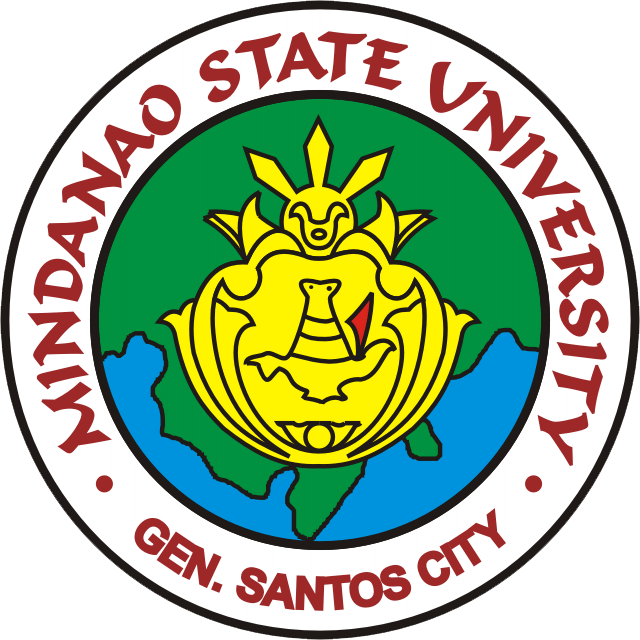The study was conducted in Sitio Kisoy, Barangay Datal Anggas, Alabel to evaluate the farm management of the backyard swine raisers in ASF positive area. There were 33 swine raisers who were interviewed. Specifically, the study aimed to evaluate the demographic characteristics of the swine raisers, their farm management practices, and their profitability, also, to determine the different breeds of swine and the problems that the raisers encounter in backyard swine raising aside from ASF. Results revealed that the majority of the backyard swine raisers are married, female adults. Also, most of them raise native pig, but still claim to be financially poor. They implement farm management practices to prevent ASF infection, such as building a semi-concrete pen and feeding their pigs with swill. As to their waste management, majority of them do not bury their pigs' manure. They also do not have septic tanks. For the biosecurity practices, results revealed that the majority use disinfectants when cleaning the pens. However, they do not have any foot bath in their backyard. For the healthcare management, majority of the respondents do not deworm their pigs. Moreover, majority of the respondents practice fattening and breeding, but the most profitable type of production in their area is slaughtering. Lack of capital and proper mode of transportation are the major problems in backyard swine raising according to the raisers. With these, the Office of the Municipal Agriculturist (OMAG) is being recommended to conduct seminars, for example, about biosecurity practices that the swine raisers can practice to prevent ASF among their livestock in the future.
Author
NARIELLE KAYE C. GARCIA
Abstract
SY
2022
Program
Bachelor of Science in Agricultural Business Management
Department
Department: Animal Science and Agribusiness
College
College: Agriculture
